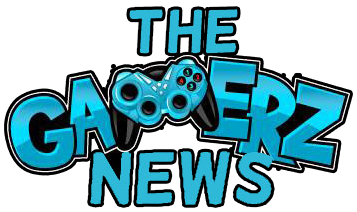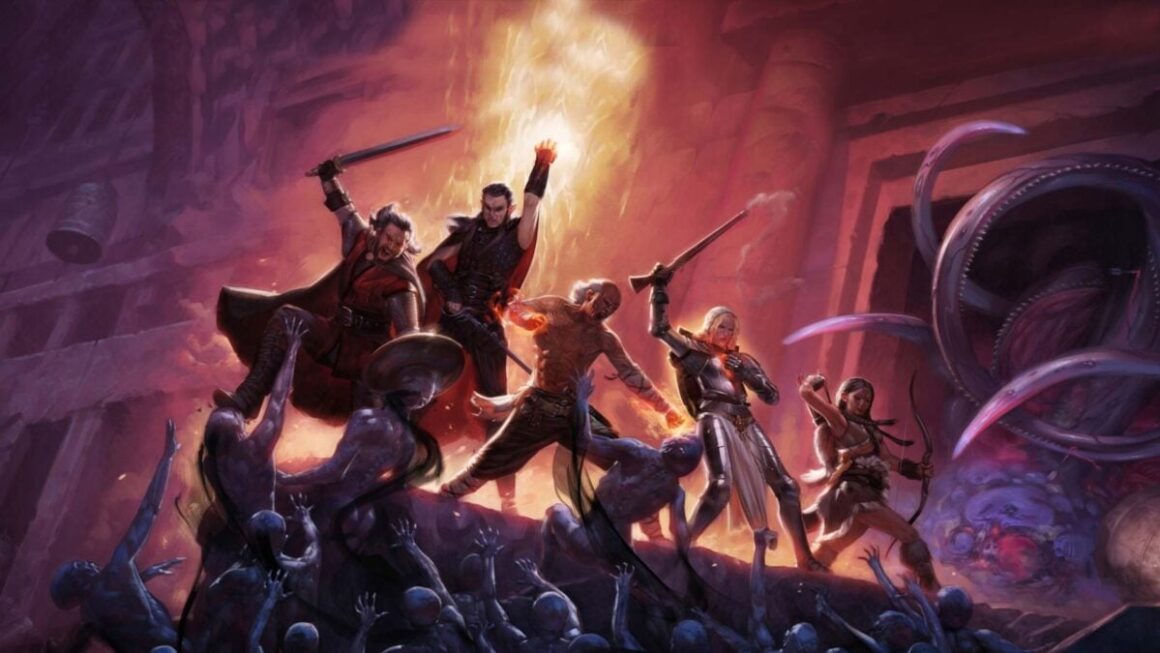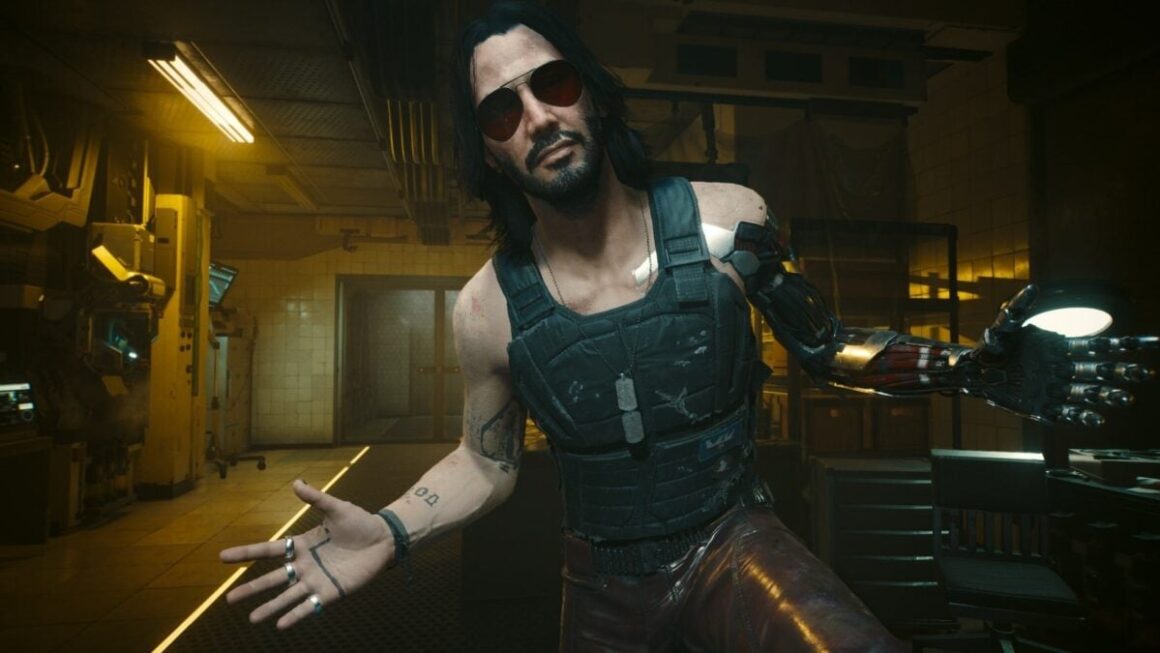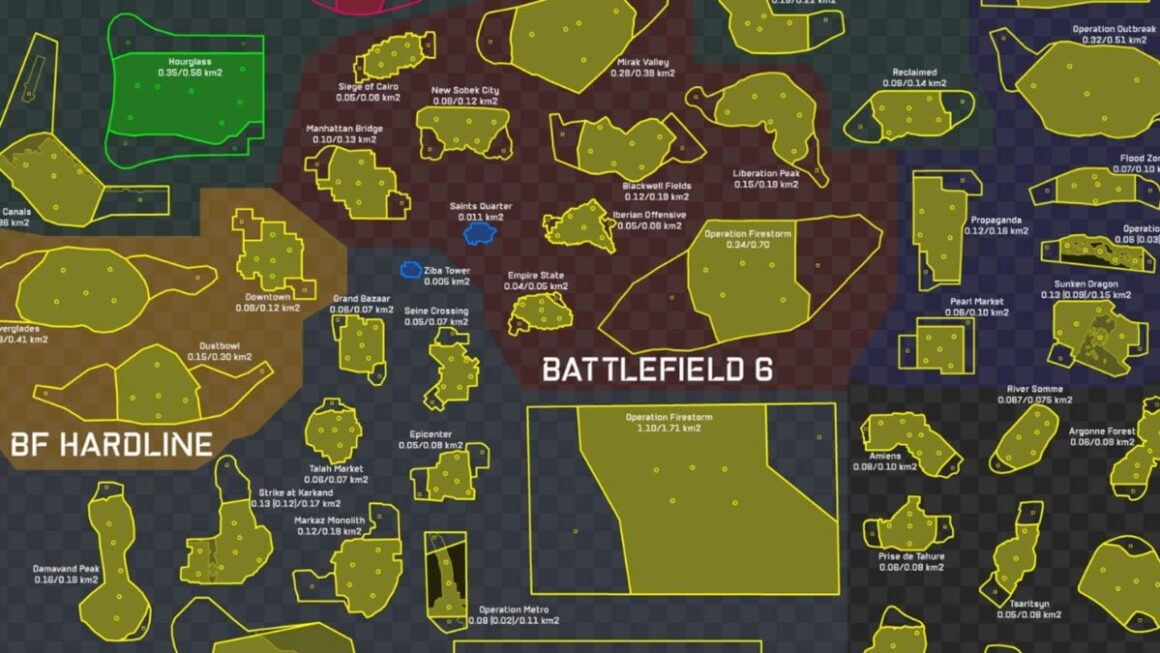Ever since choice-based video games moved away from dialogue choices through which you see precisely what your character will say earlier than they are saying it in favor of little blurbs that attempt to sum up the overall vibe of what you’re going to say or do earlier than you watch it unfold on-screen, there’s been a lack of readability between what we expect we’re about to say and what we really find yourself doing in video video games. A part of me thinks that is simply the consequence of a extra cinematic strategy to choice-based video games, however poorly speaking what a participant will do after they decide is a recreation design problem, and Dispatch, the primary undertaking from AdHoc Studio, made up of a number of ex-Telltale builders, is among the newest video games to fall sufferer to this incongruity between what the display screen says your characters will do and what really finally ends up taking place after you select it.
Studios have discovered alternative ways to avoid this hazard. BioWare makes use of emotive icons to speak an emotional intent with totally different choices, or has even began including small pop-up home windows to put out precisely what you’re going to do alongside your dialogue possibility. Nevertheless, video games like Dragon Age: The Veilguard have the benefit of pausing dialogue to let gamers take into account their actions earlier than transferring ahead. Dispatch, like lots of the previous Telltale video games, together with The Strolling Lifeless and Tales from the Borderlands, has timed dialogue selections to create a way of urgency and hold a scene flowing. That has its benefits, but it surely additionally means you may’t embrace a bunch of clarifying pop-ups like different video games may as a result of gamers received’t have time to learn all of them totally. That stated, you too can simply write dialogue choices which are easy, slightly than obfuscating what you’re really going to do. Minor spoilers for Dispatch’s third episode observe:

In episode three, protagonist Robert Robertson III is gathering his crew of ex-villain dispatchees to allow them to know that, by the top of their shift, no less than certainly one of them will probably be off the crew and within the unemployment line. Precisely who that finally ends up being is the ultimate choice of the episode, however earlier than you make any such name, the group gathers in a gathering room, and Golem, a sentient pile of mud and grime, knocks Robert to the ground as he enters the room. The participant is given two choices right here: kick him out, or “give him the chair.” That may very well be interpreted as you providing him a chair to sit down down on, however when you select that possibility, that’s not what occurs. As a substitute, Robert throws the chair at Golem, which lodges in his shoulder. Robert provides him a really apt talking-to about being conscious of his environment, however the violence to get there may be not clearly communicated within the choices you’re given. It makes for a humorous streaming second, no less than, however given Telltale’s historical past with these sorts of ambiguous dialogue choices, of us aren’t thrilled to see these interactions return in Dispatch.
Dispatch is midway by its eight-episode run, and whereas I’m having fun with components of it, I’ve been feeling a bit railroaded by its choices to date. I’m curious to see simply how a lot impression these selections could make by the point the sport ends later this month, however for now, it’s largely simply felt like I’ve been on the trip.





